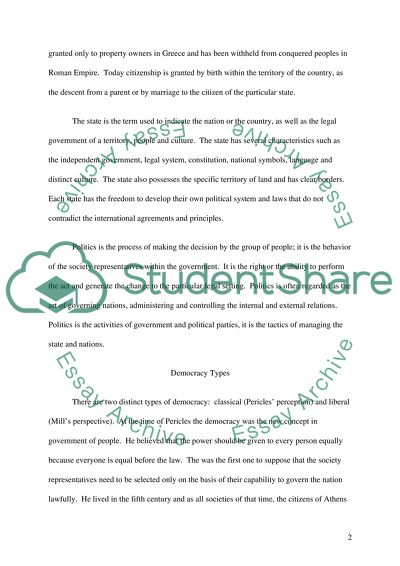Cite this document
(“Democracy: from ancient Greece to modern time Essay”, n.d.)
Retrieved from https://studentshare.org/miscellaneous/1499569-democracy-from-ancient-greece-to-modern-time
Retrieved from https://studentshare.org/miscellaneous/1499569-democracy-from-ancient-greece-to-modern-time
(Democracy: From Ancient Greece to Modern Time Essay)
https://studentshare.org/miscellaneous/1499569-democracy-from-ancient-greece-to-modern-time.
https://studentshare.org/miscellaneous/1499569-democracy-from-ancient-greece-to-modern-time.
“Democracy: From Ancient Greece to Modern Time Essay”, n.d. https://studentshare.org/miscellaneous/1499569-democracy-from-ancient-greece-to-modern-time.


